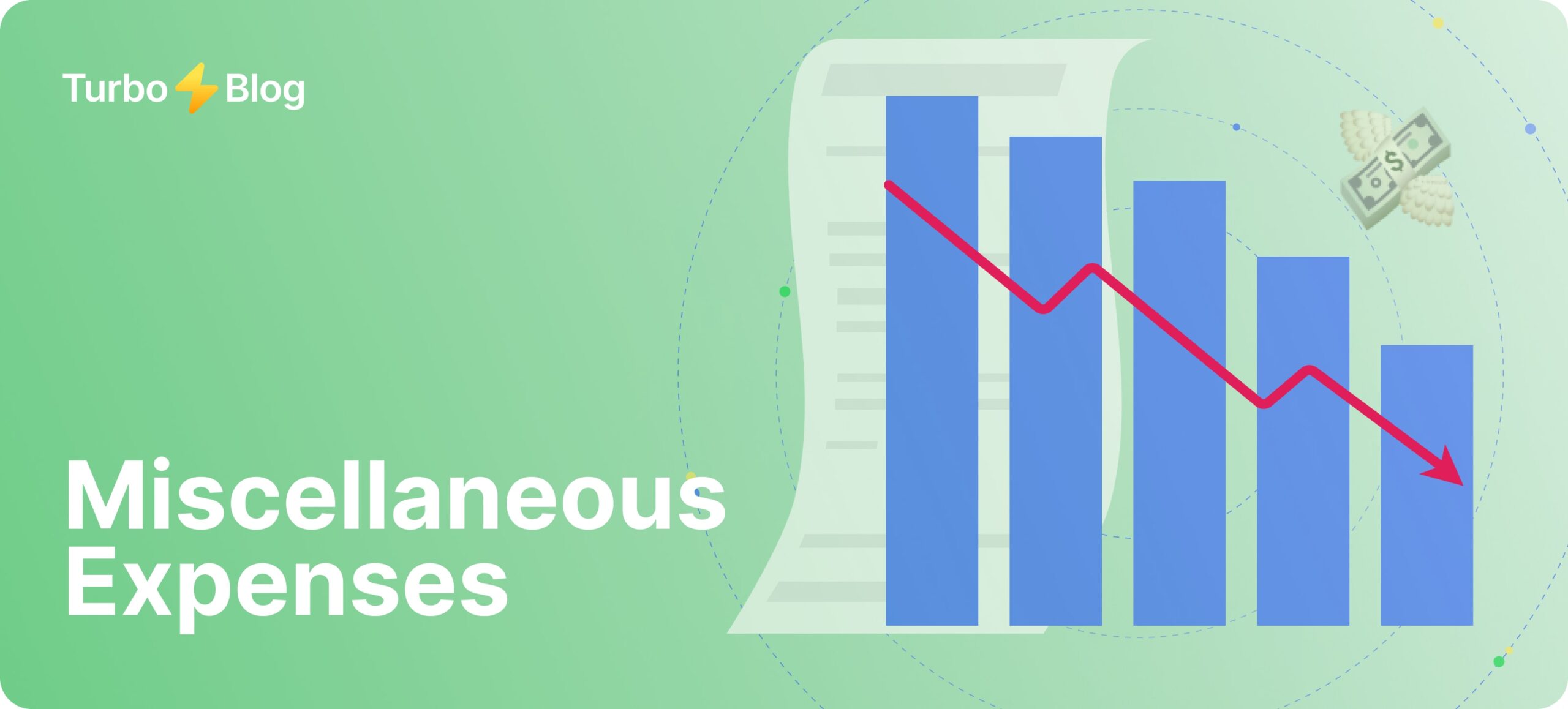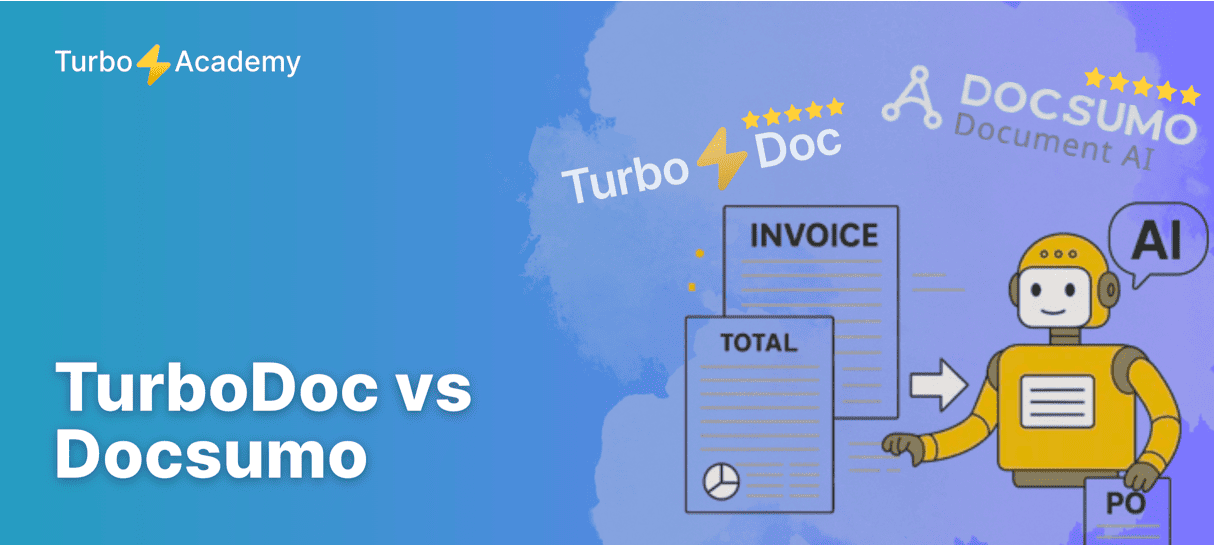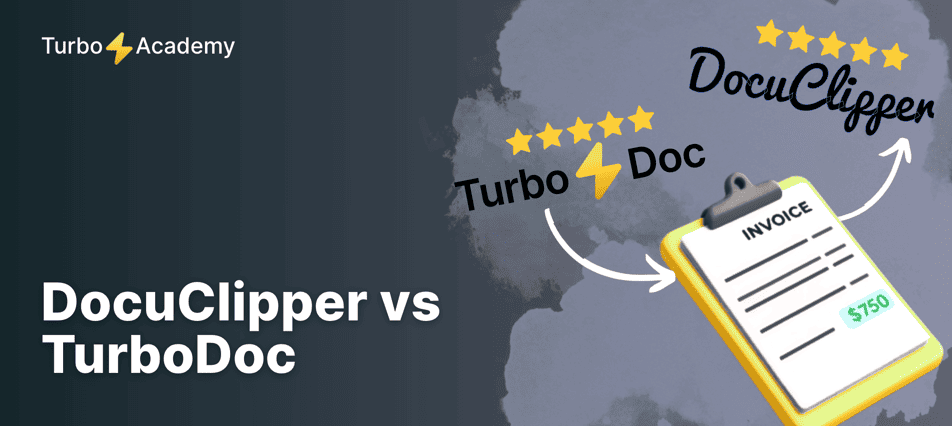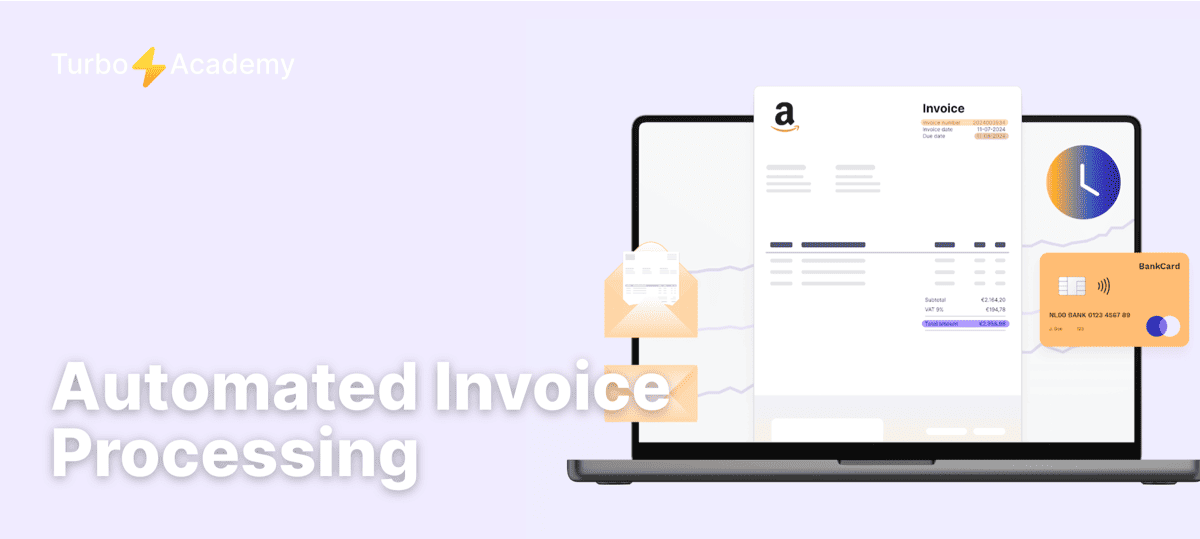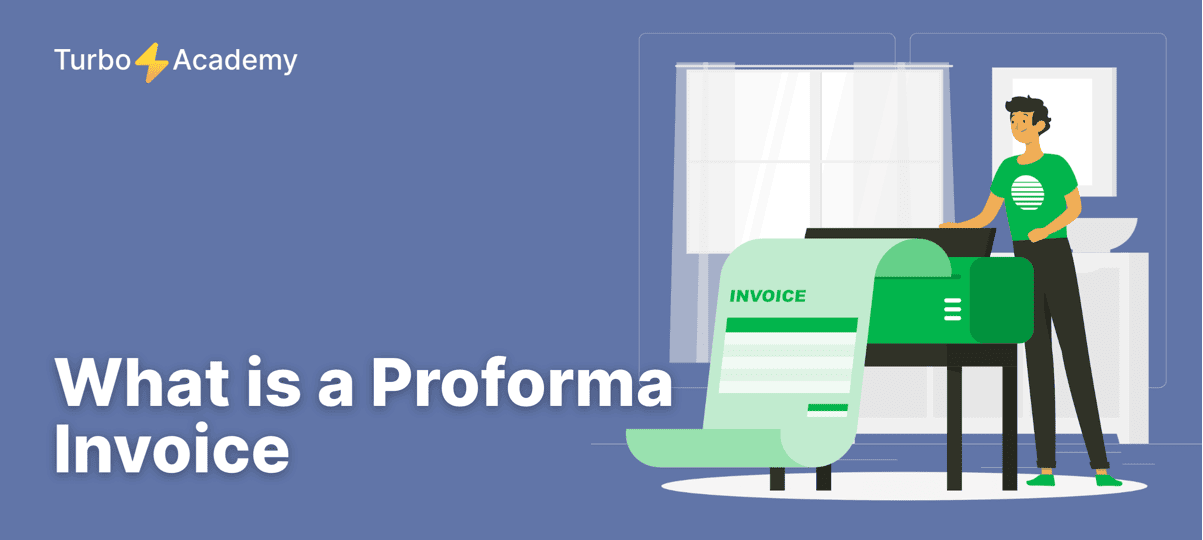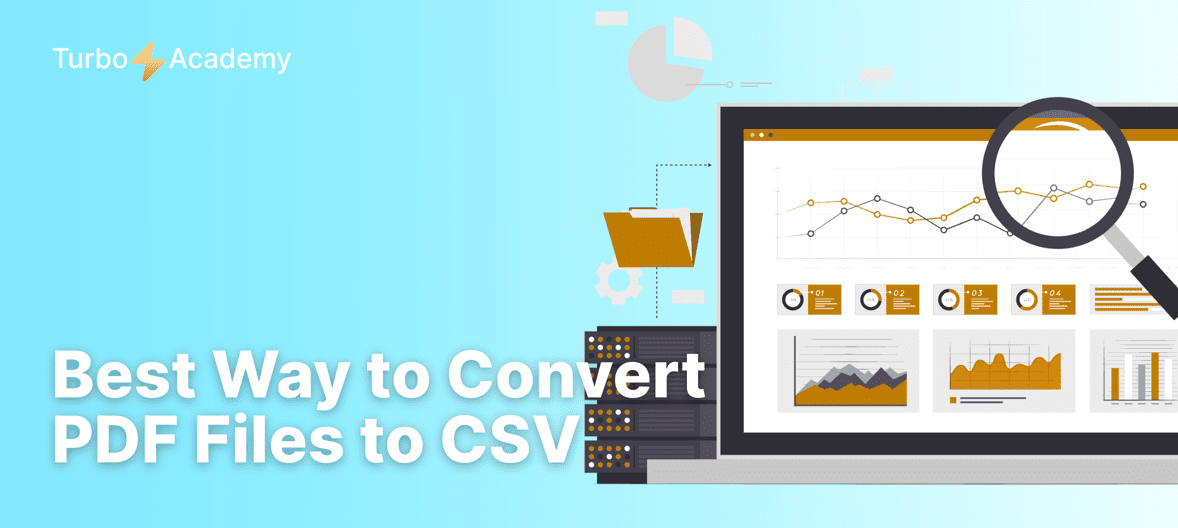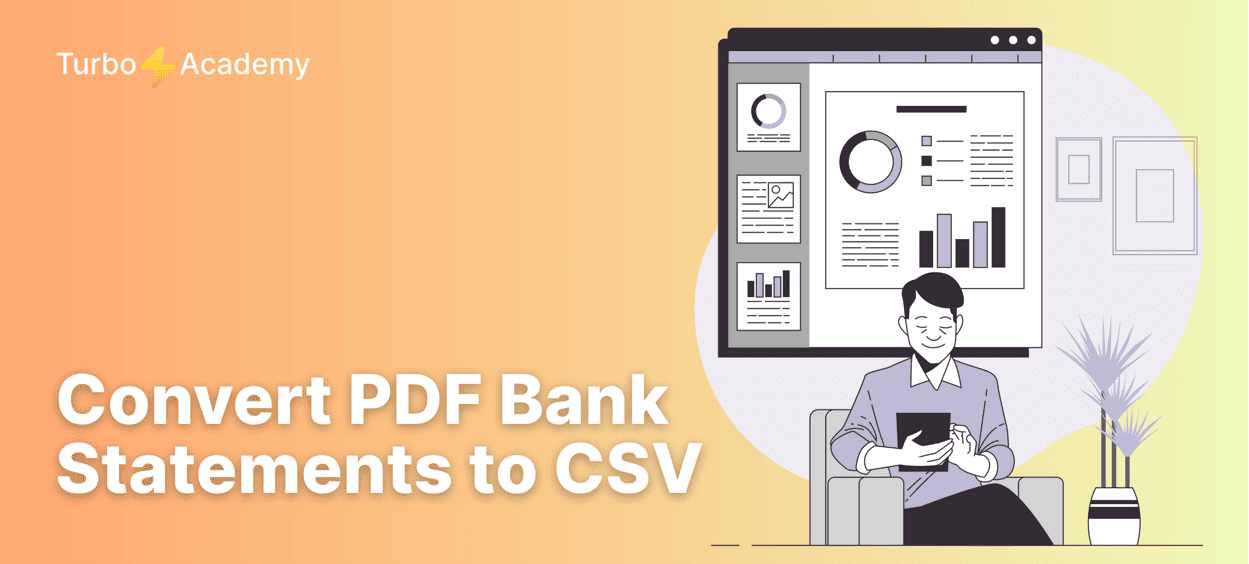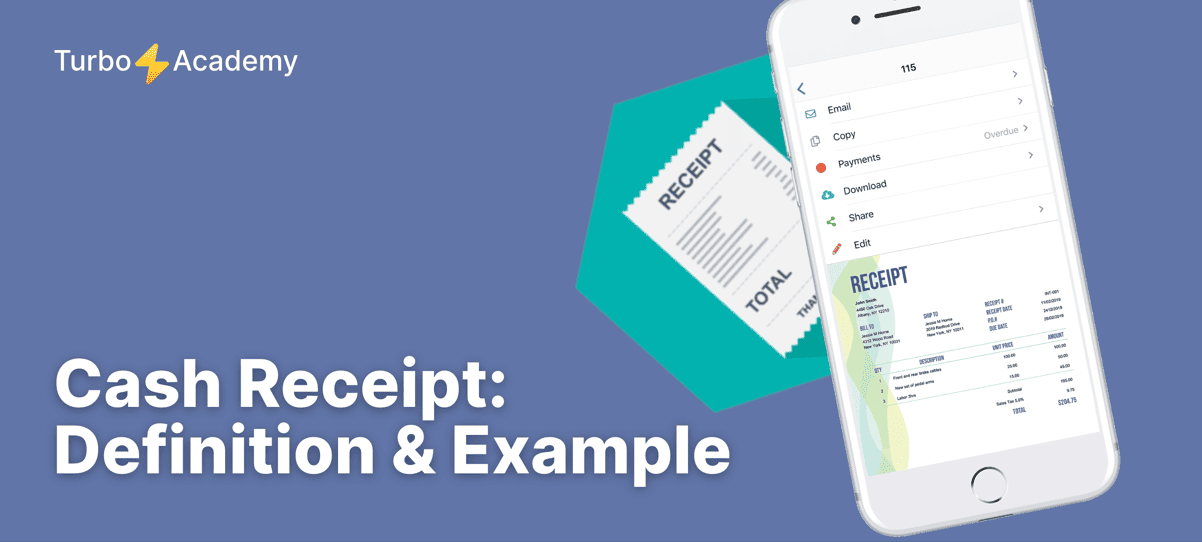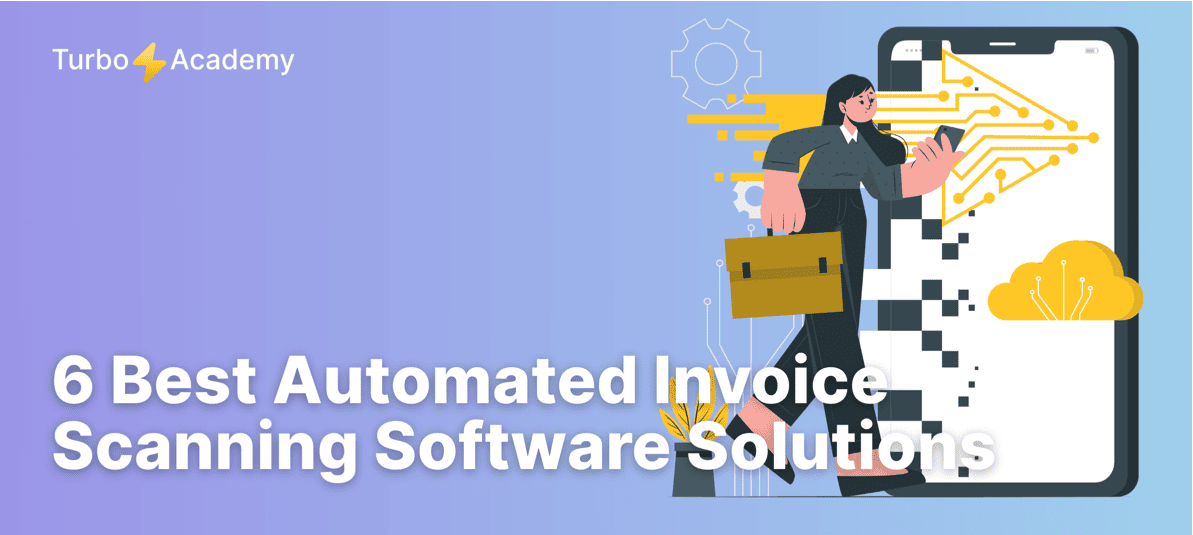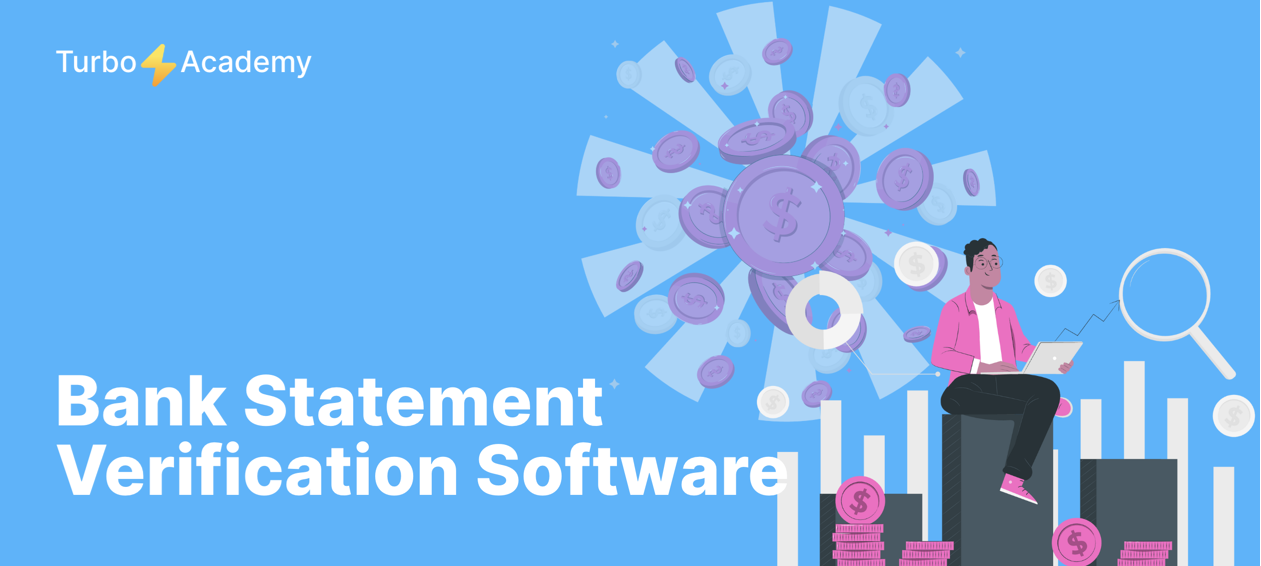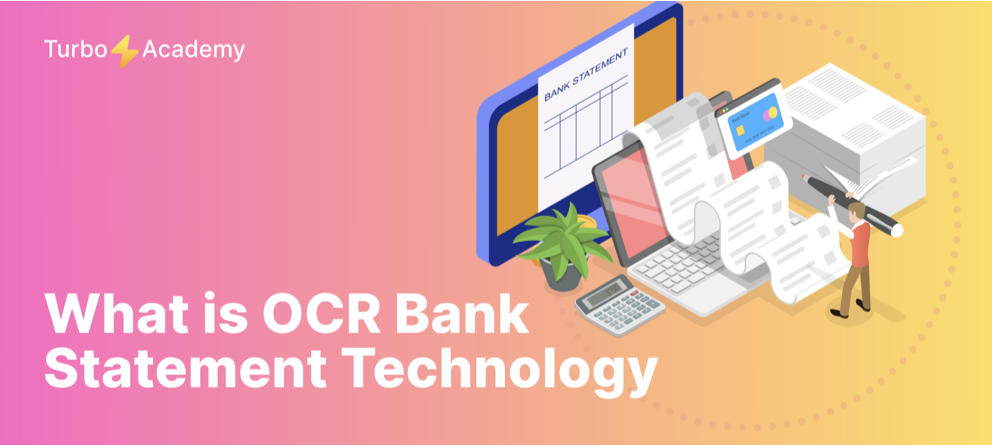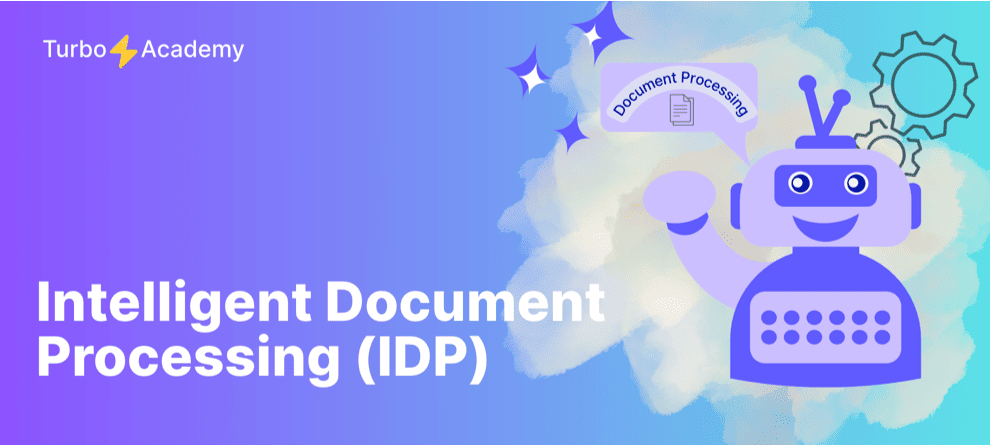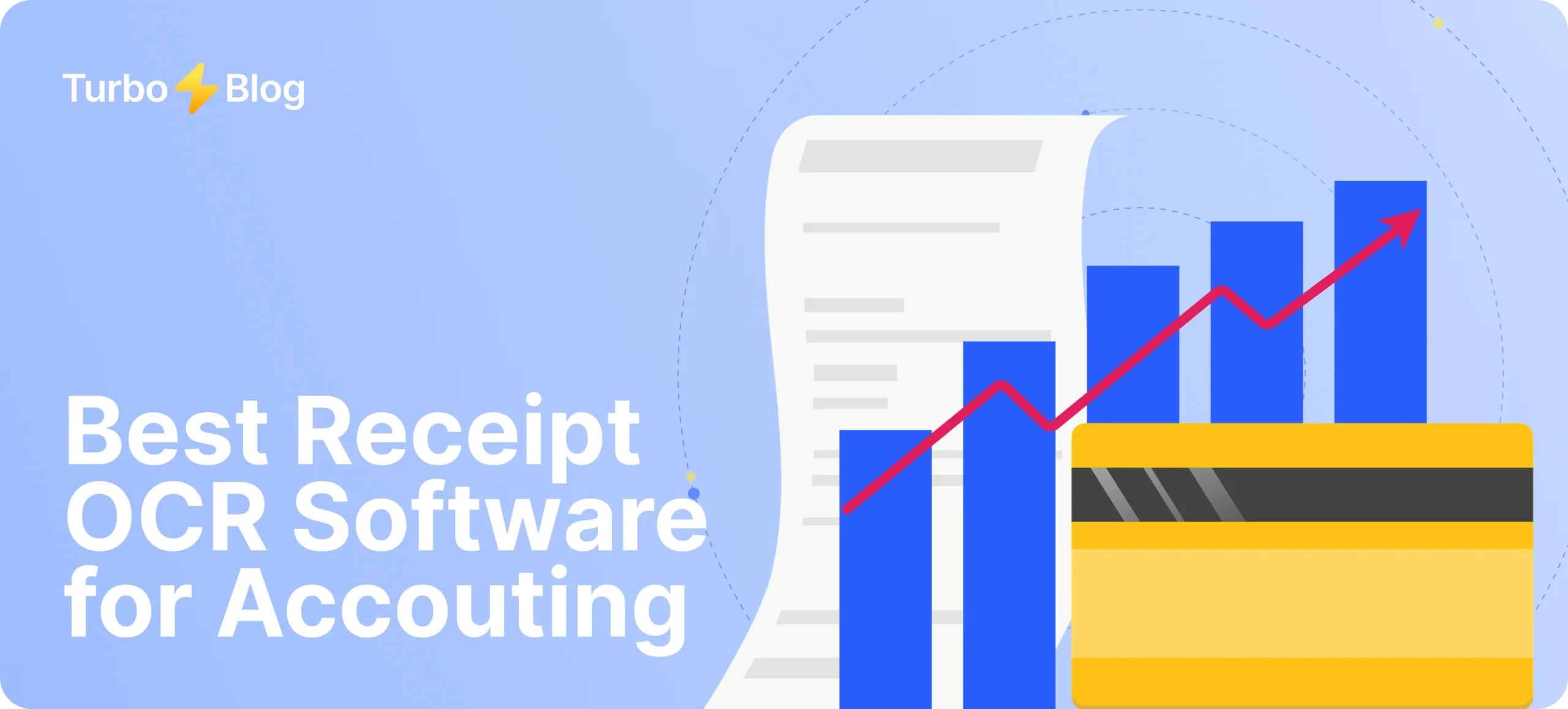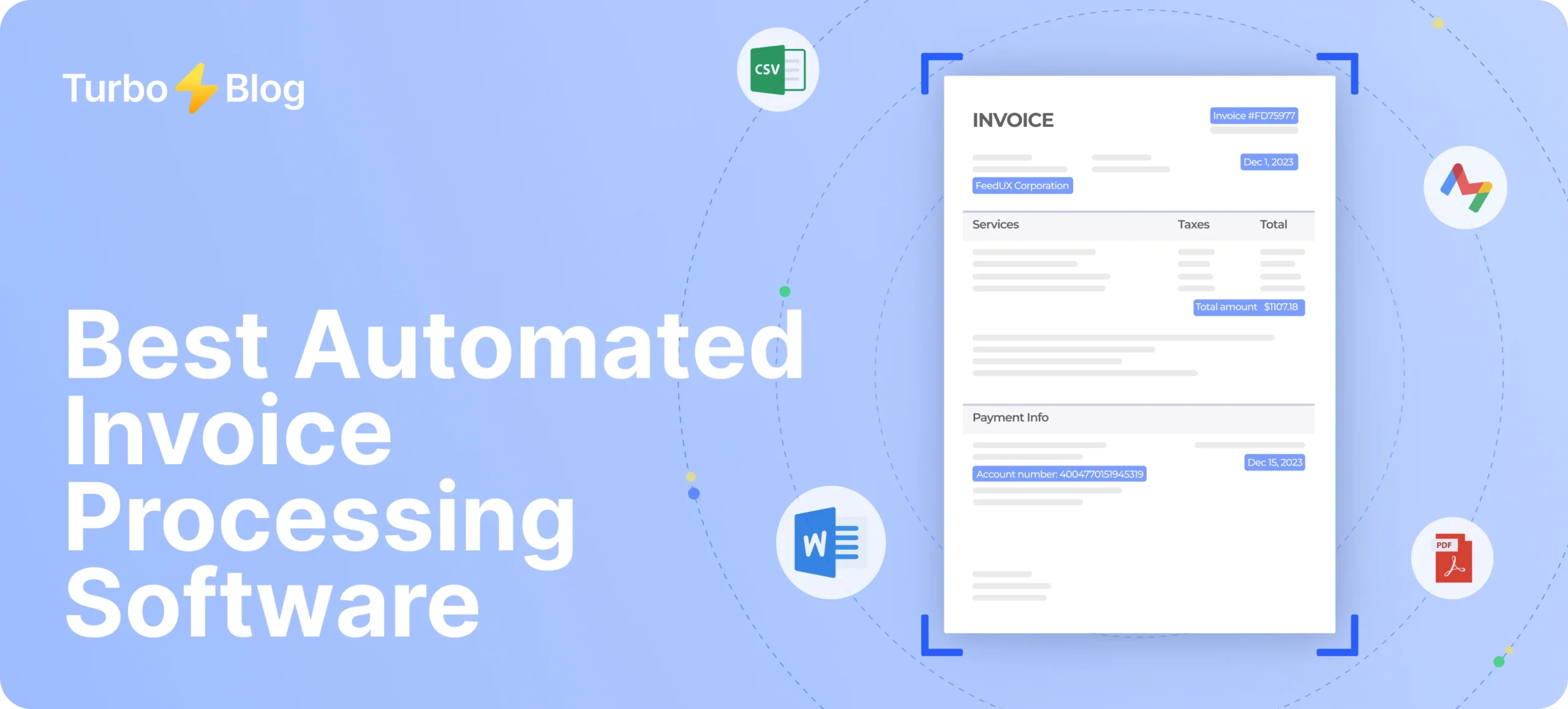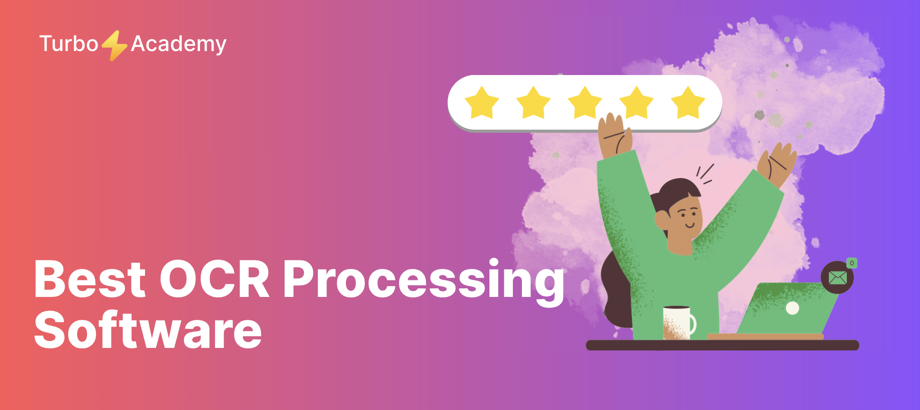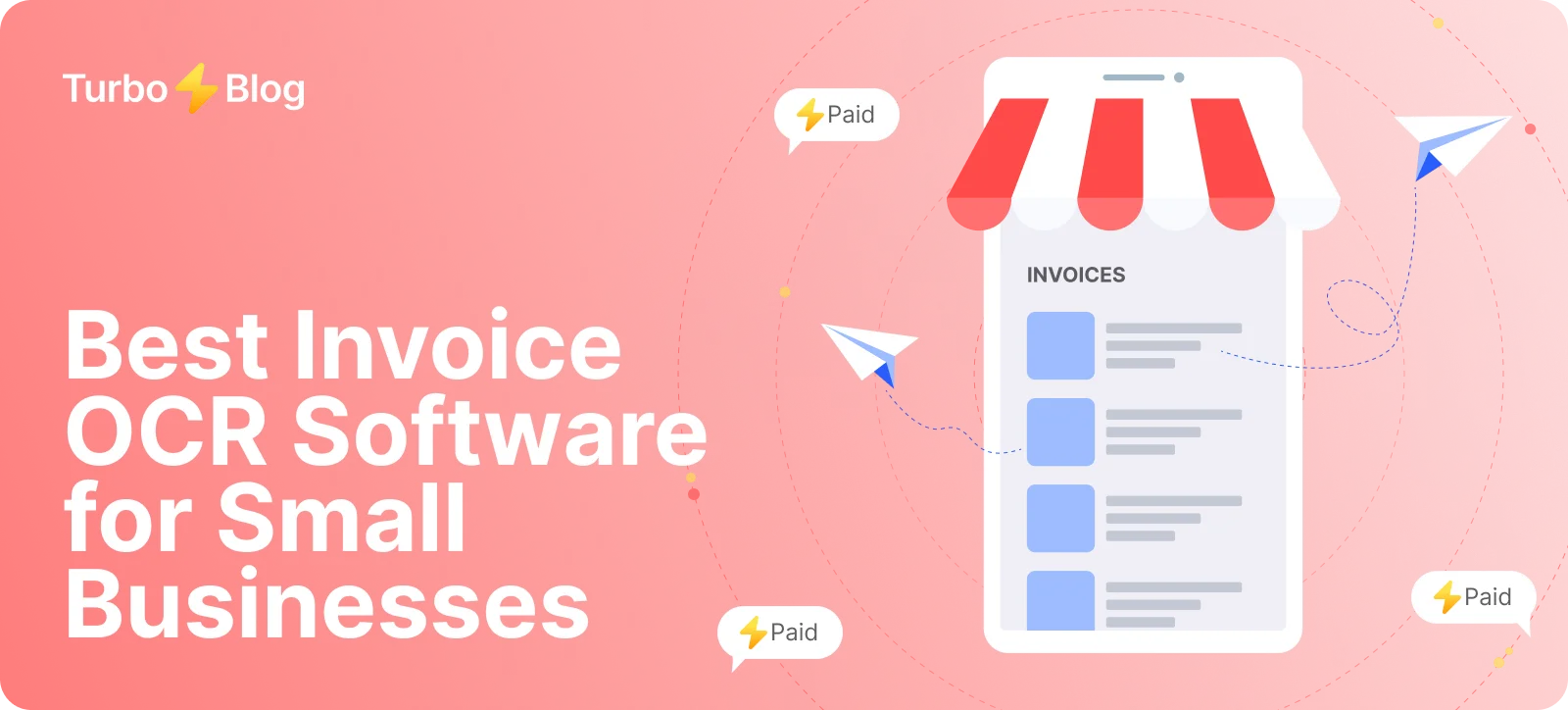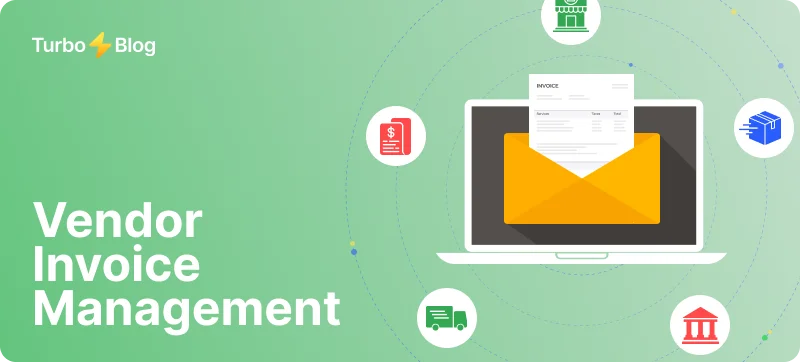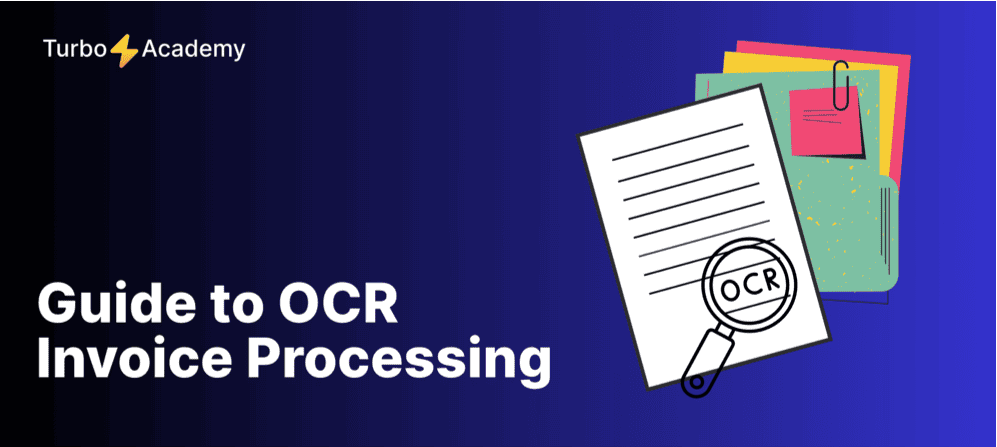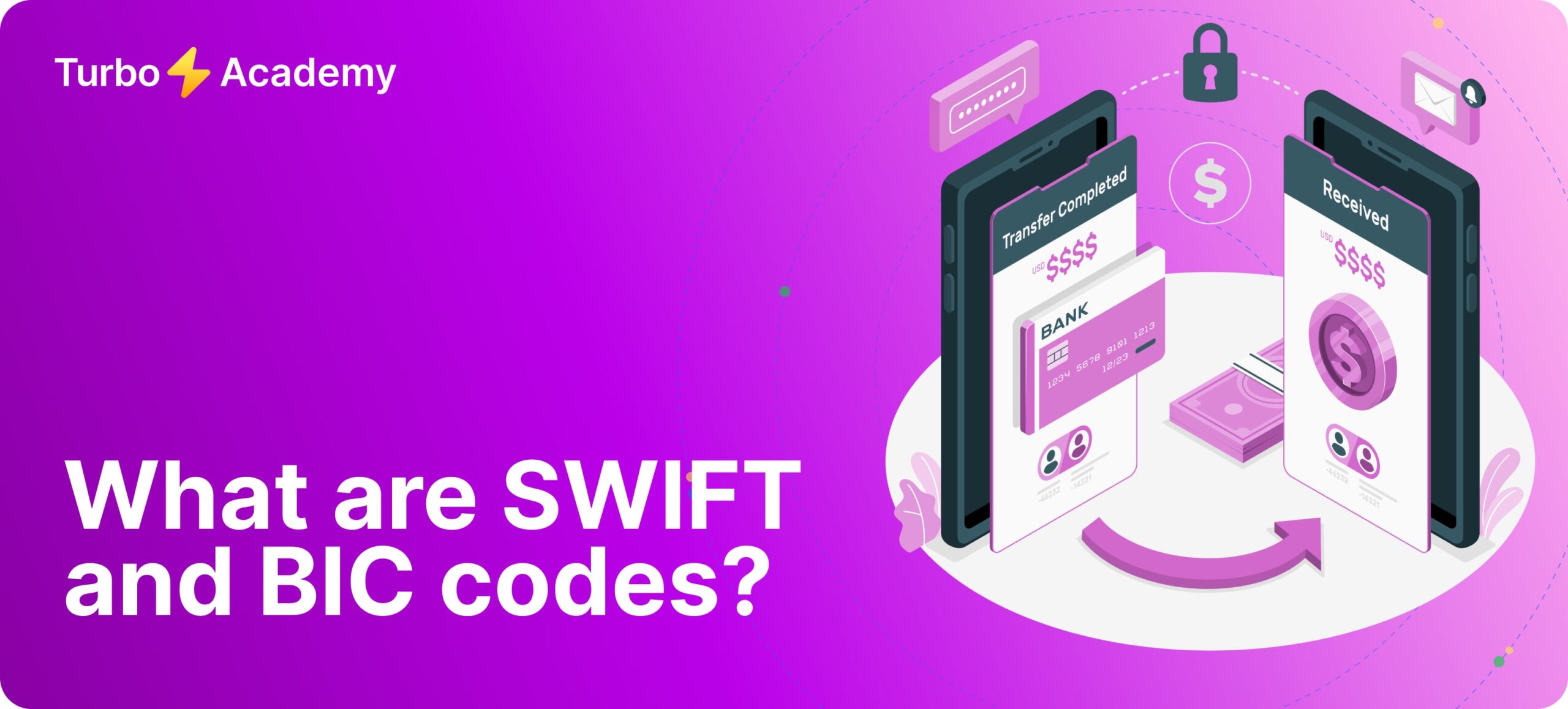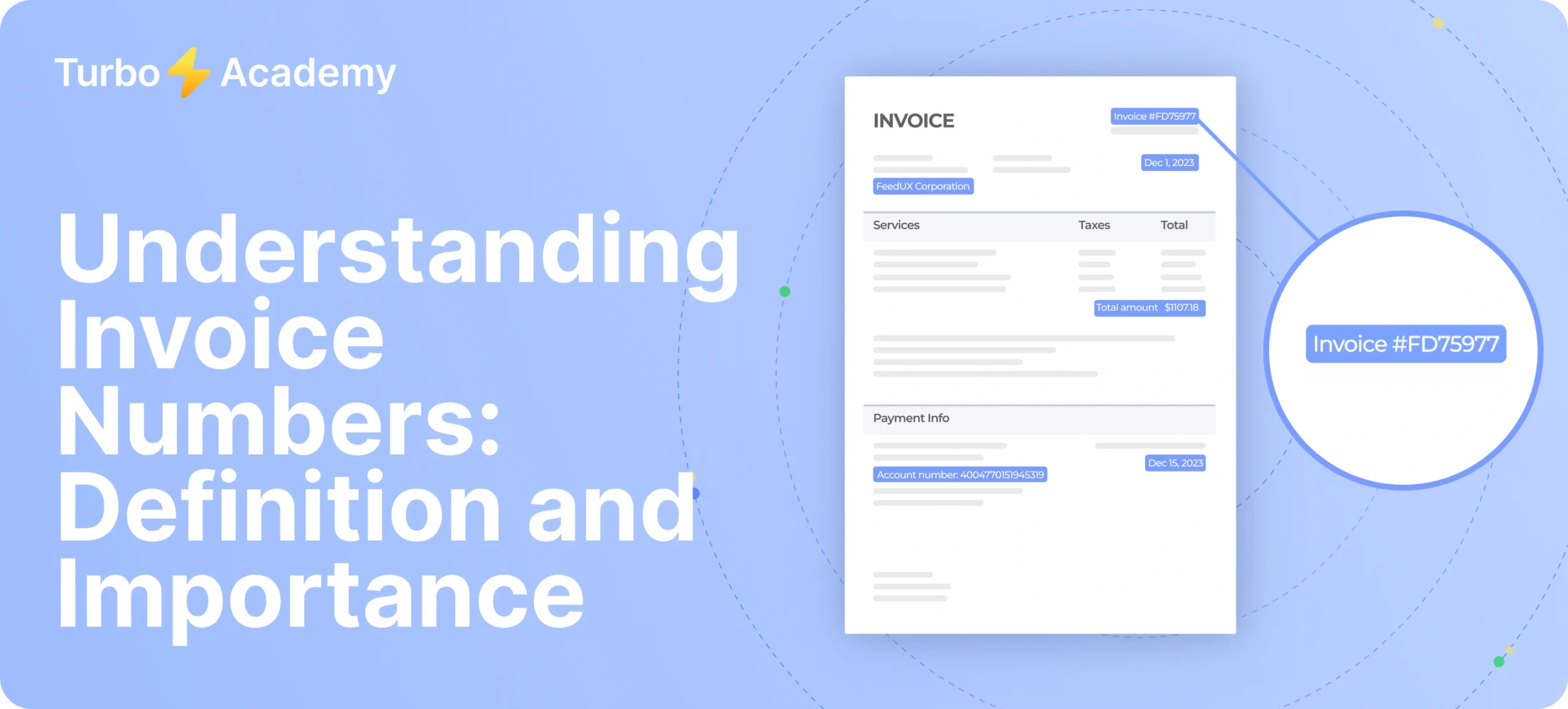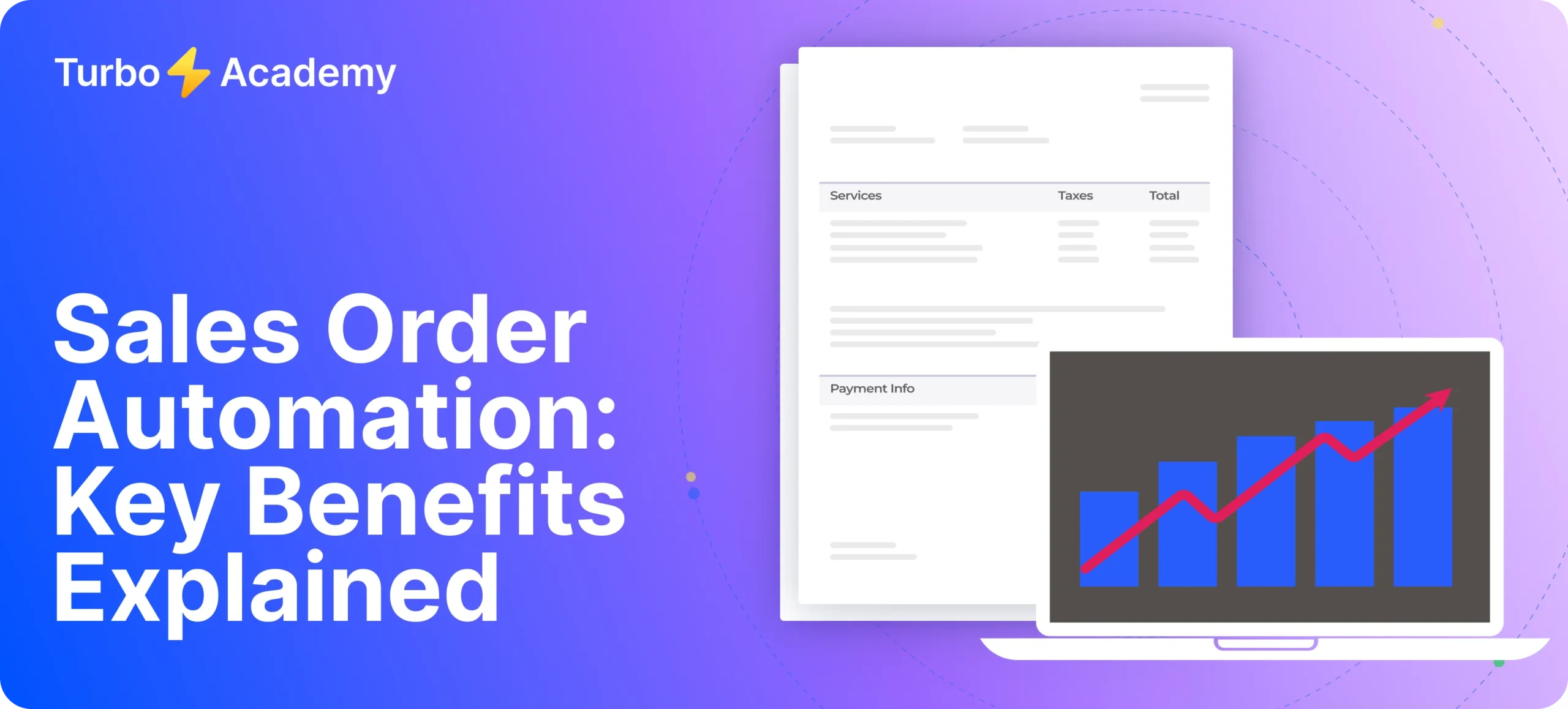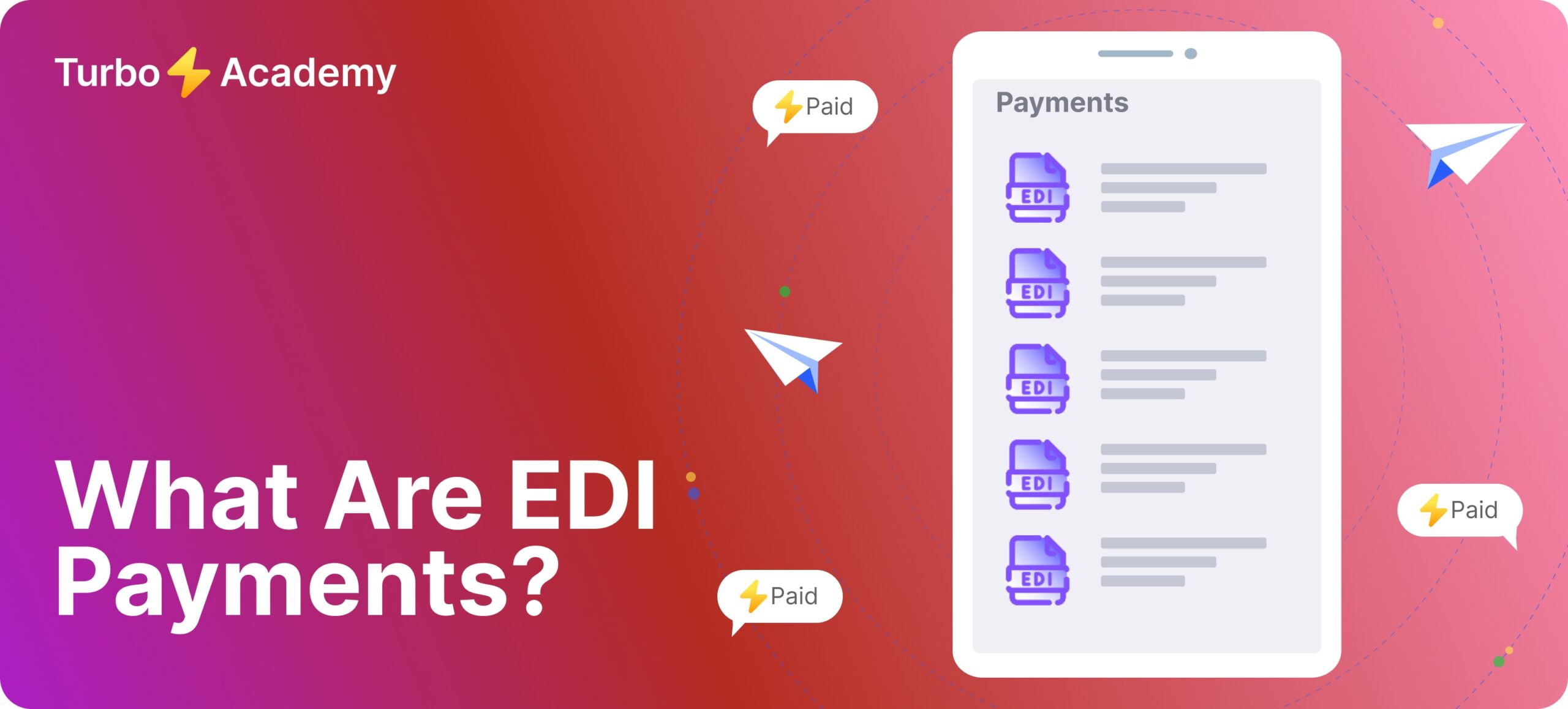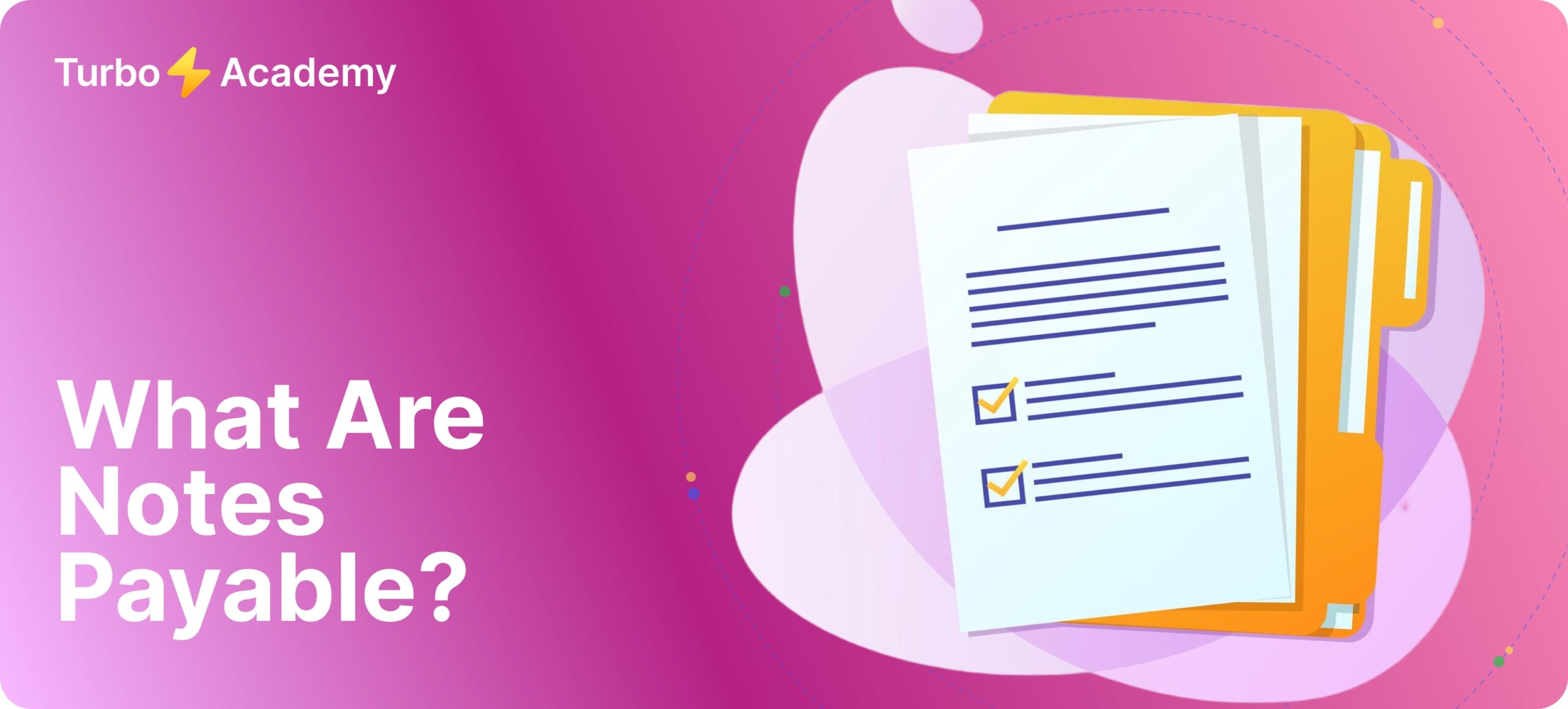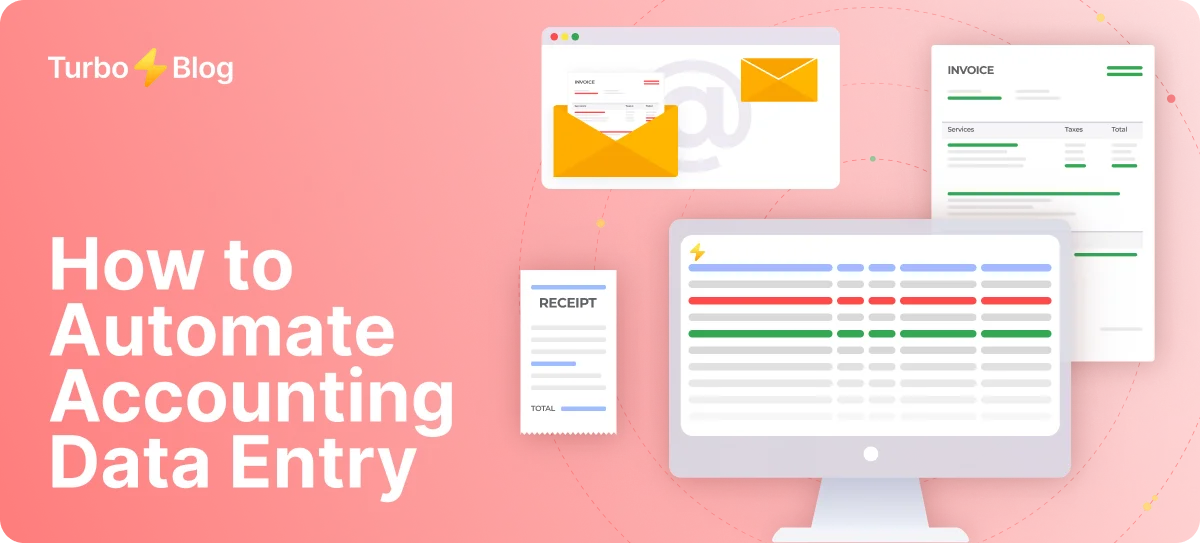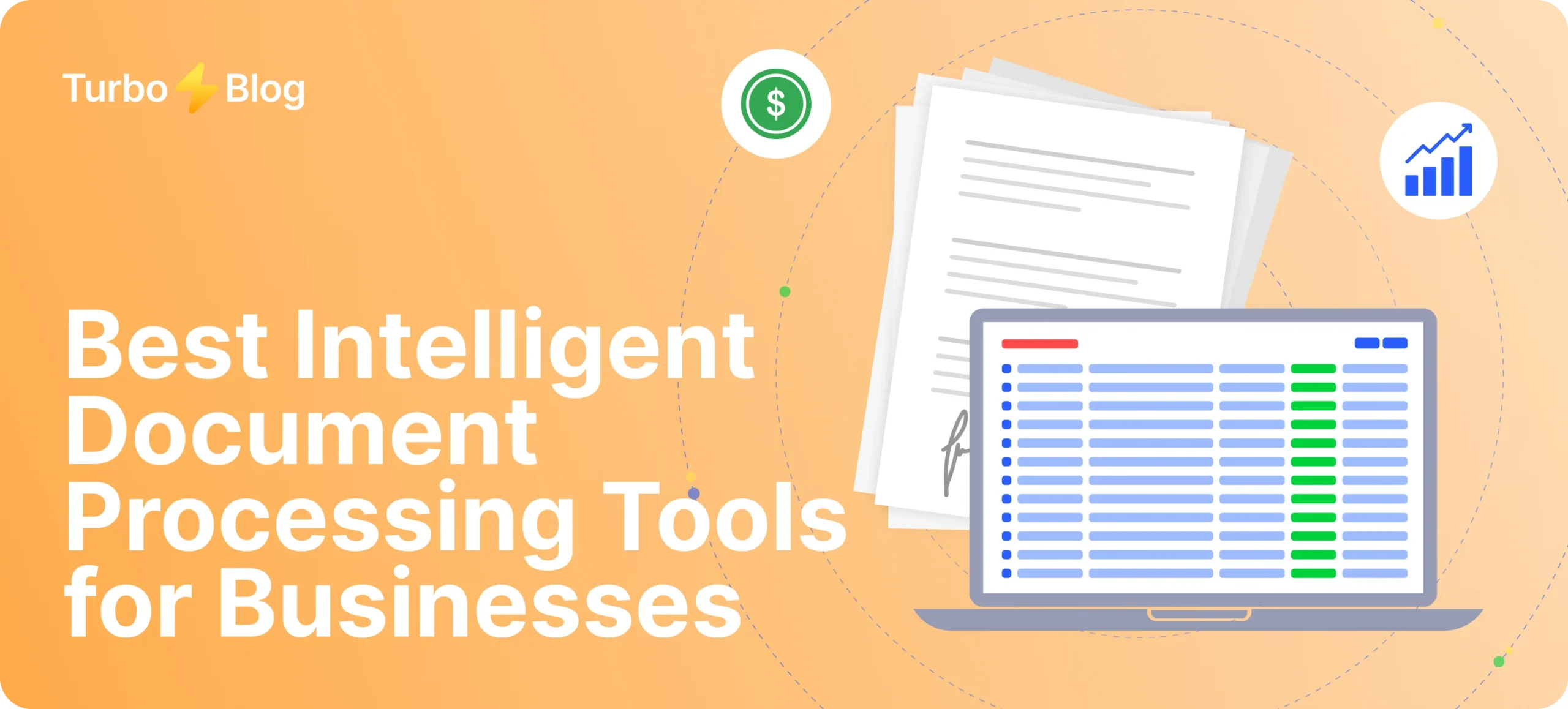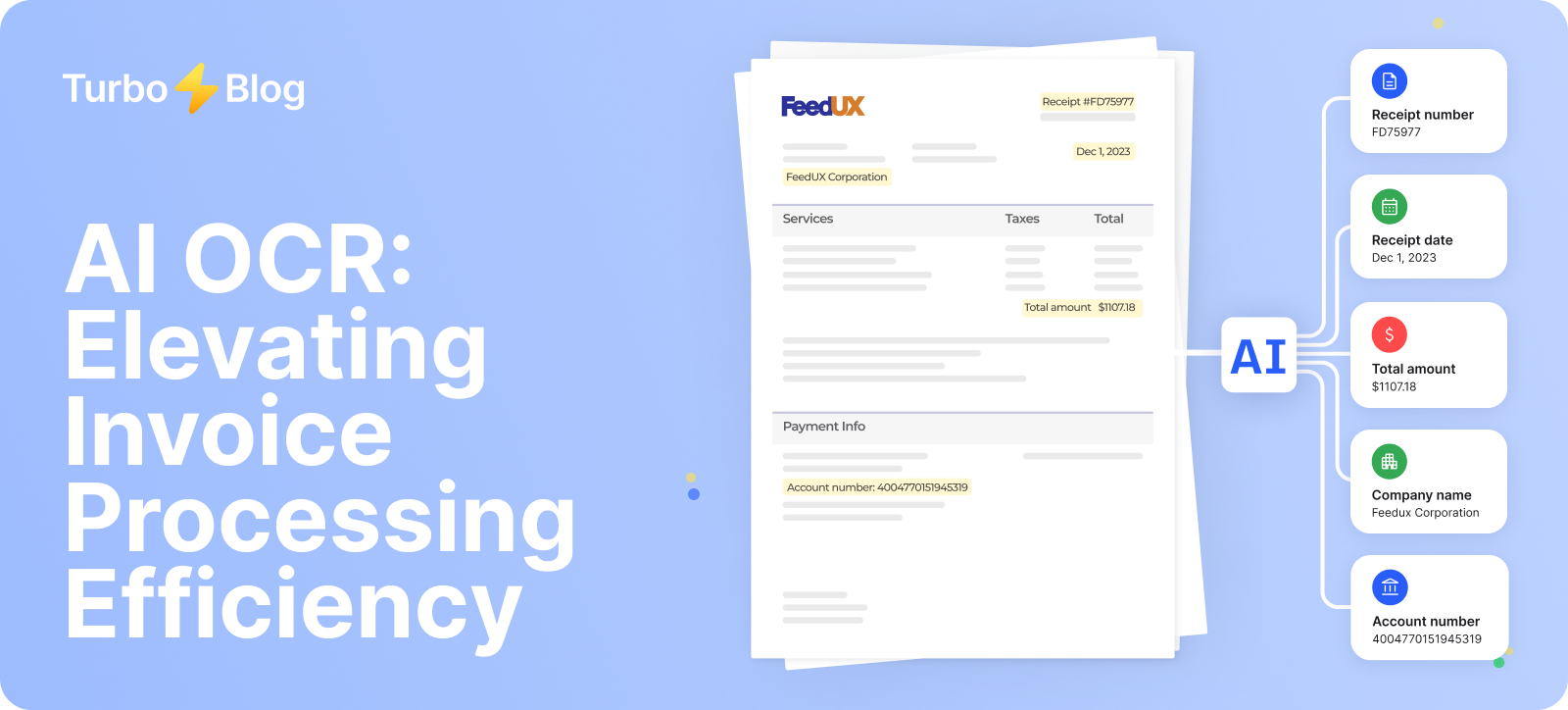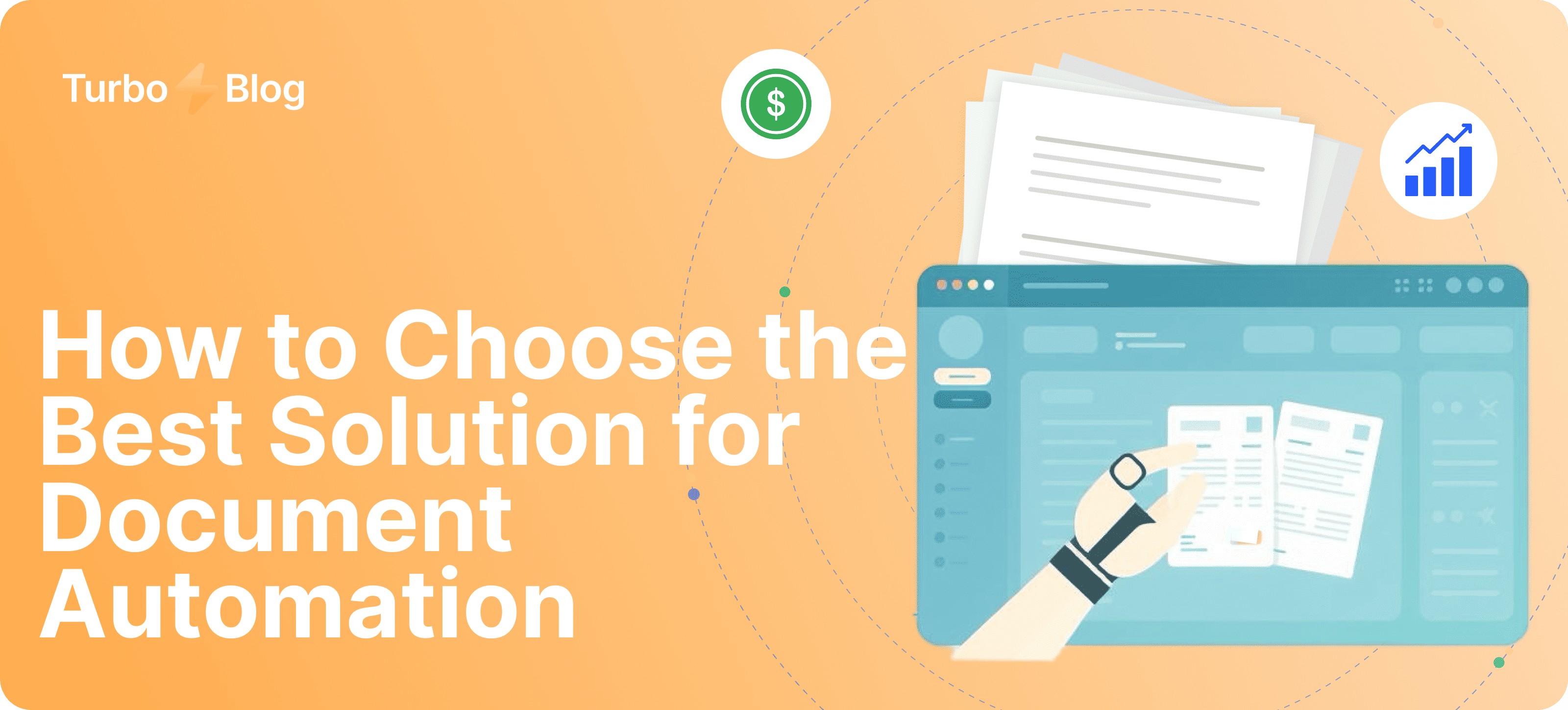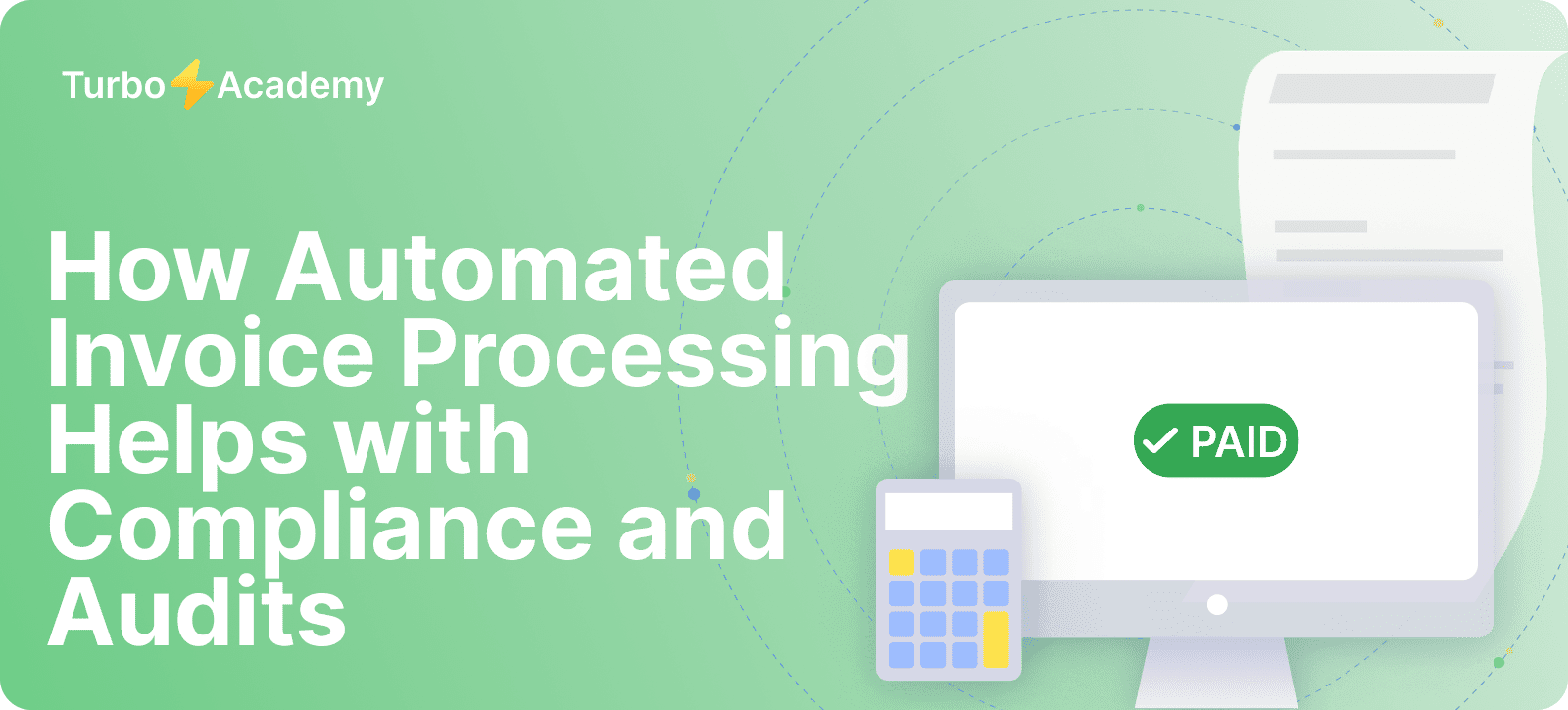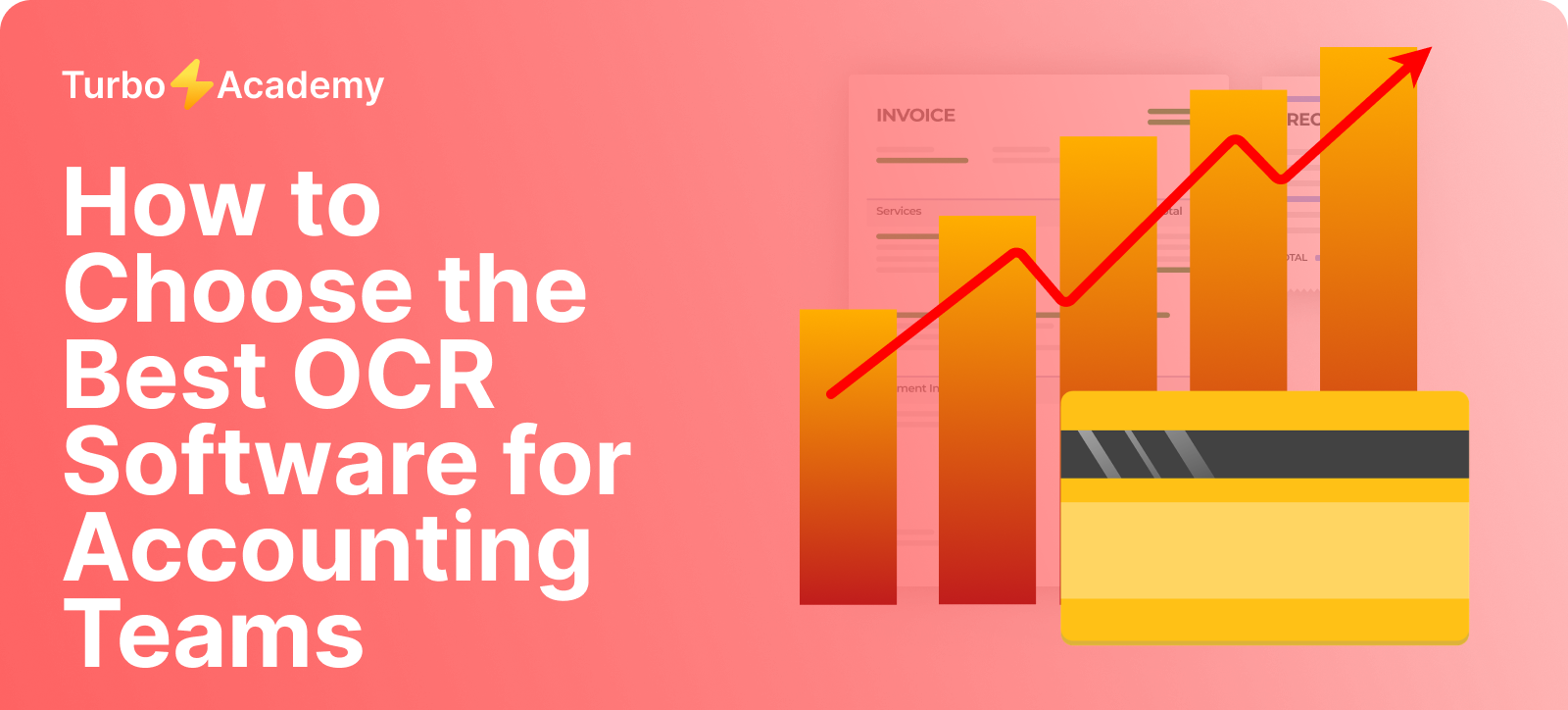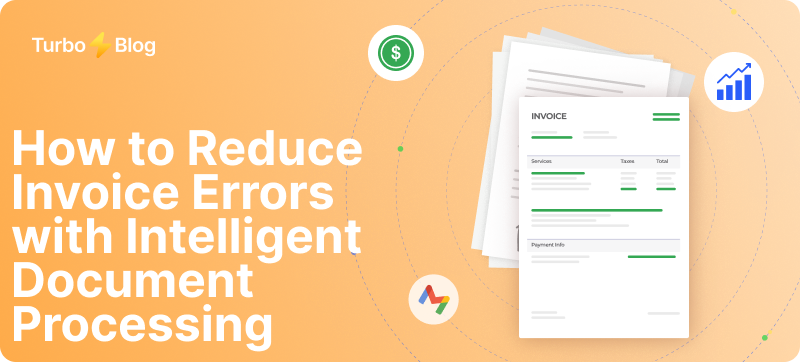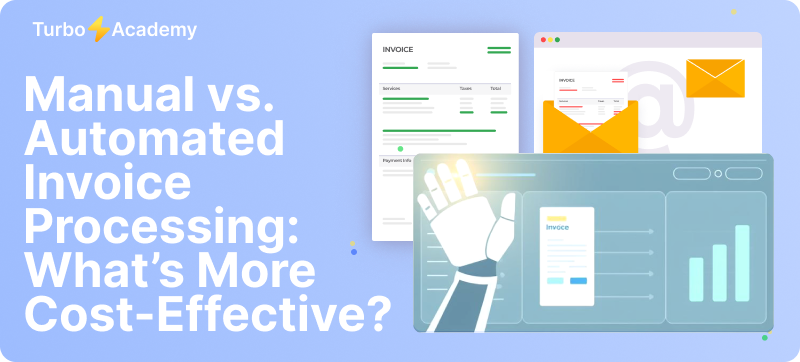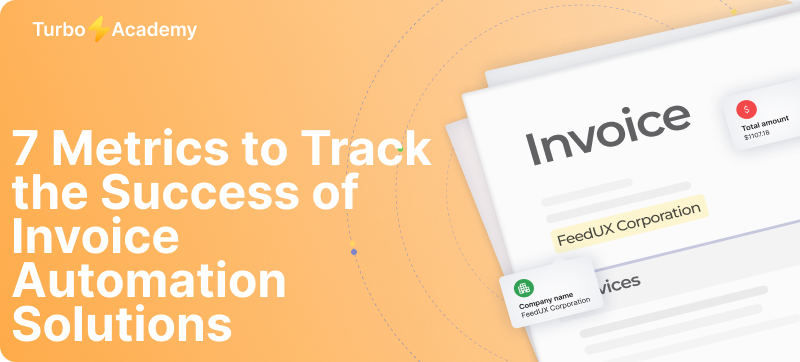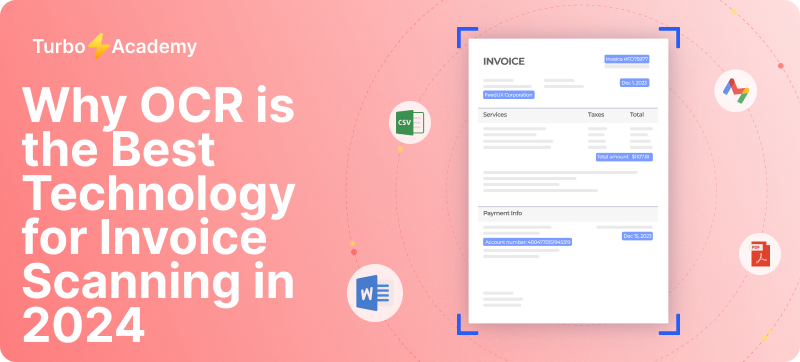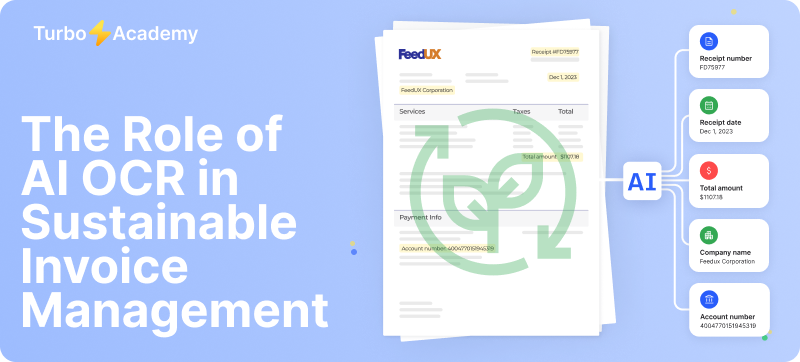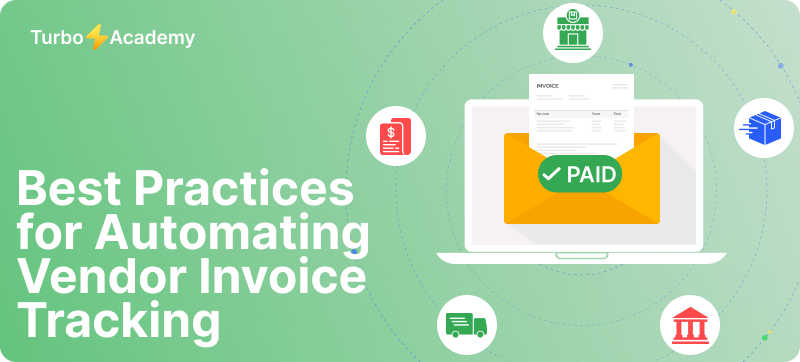Every business, from small startups to established corporations, encounters miscellaneous expenses in their day-to-day operations. These seemingly minor costs might appear insignificant individually, but they can substantially impact your bottom line when combined. Understanding what qualifies as a miscellaneous expense and how to manage these costs effectively is crucial for maintaining healthy business finances and ensuring tax compliance.
Automate document processing with TurboDoc
Recognize invoices, contracts, and forms in seconds. No manual work or errors.
Try for free!
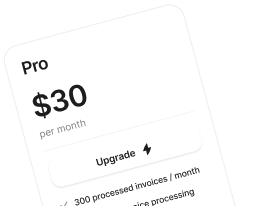
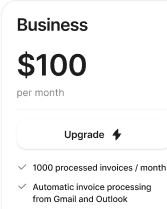
What Are Miscellaneous Expenses? A Comprehensive Definition
Miscellaneous expenses encompass the various minor, irregular, or unexpected costs that don’t fit neatly into standard expense categories like rent, utilities, or payroll. These expenses often arise from day-to-day business operations but don’t warrant their own dedicated budget line. While they might seem random or unpredictable, understanding and properly categorizing these expenses is essential for accurate financial management and tax reporting.
Key Characteristics of Miscellaneous Expenses
![]()
Several features distinguish miscellaneous expenses from other business costs:
- Irregular Occurrence: These expenses typically don’t follow a predictable pattern or schedule, making them harder to budget for than regular monthly expenses.
- Variable Amounts: The cost of miscellaneous expenses can fluctuate significantly, from a few dollars for office supplies to several hundred dollars for unexpected equipment repairs.
- Diverse Nature: They can span multiple aspects of business operations, from office maintenance to employee perks and professional development materials.
- Individual Small Value: While the cumulative total may be significant, individual miscellaneous expenses are usually relatively small compared to major business expenses.
Automate document processing with TurboDoc
Recognize invoices, contracts, and forms in seconds. No manual work or errors.
Try for free!



Types of Miscellaneous Expenses: A Detailed Breakdown
Office Supplies and Maintenance
The workplace environment requires constant upkeep and replenishment of various items:
- Daily Consumables: Paper clips, staplers, printer paper, ink cartridges, and other frequently used office supplies that need regular replacement.
- Cleaning and Maintenance: Unexpected repairs, replacement parts for office equipment, cleaning supplies, and general maintenance materials not covered by regular service contracts.
- Workplace Comfort: Plants, air fresheners, break room supplies, and other items that contribute to a pleasant work environment.
Technology and Digital Resources
Modern businesses frequently encounter various technology-related miscellaneous expenses:
- Software Solutions: One-time software purchases, temporary license upgrades, or specialized apps needed for specific projects.
- Hardware Accessories: USB drives, computer peripherals, cables, adapters, and other small tech items that support daily operations.
- Emergency Tech Support: Quick fixes or temporary solutions for technology issues that fall outside regular IT service agreements.
Employee-Related Expenses
Various costs associated with supporting and maintaining employee satisfaction:
- Team Building: Impromptu team lunches, coffee meetings, or small celebration expenses for team achievements.
- Professional Development: Books, online course subscriptions, webinar access, or other learning materials that enhance employee skills.
- Work-Related Reimbursements: Transportation costs, parking fees, or other minor expenses employees incur while conducting business activities.
Client Relations and Business Development
Maintaining professional relationships often involves miscellaneous expenses:
- Client Entertainment: Business meals, coffee meetings, or small gifts that strengthen client relationships.
- Networking Costs: Registration fees for local business events, professional meetups, or industry conferences.
- Marketing Materials: One-off printing costs, business cards, or promotional items needed for specific events.
The Importance of Tracking Miscellaneous Expenses
Financial Accuracy and Planning
Proper tracking of miscellaneous expenses serves multiple crucial purposes:
- Budget Management: Understanding these expenses helps create more accurate future budgets and identify areas where costs can be reduced or better controlled.
- Cash Flow Visibility: Tracking all expenses, including miscellaneous ones, provides a complete picture of your business’s financial health and spending patterns.
- Financial Decision Making: Detailed expense records help identify unnecessary costs and optimize spending across all business areas.
![]()
Tax Implications and Compliance
Miscellaneous expenses can significantly impact your tax situation:
- Deduction Opportunities: Many miscellaneous business expenses are tax-deductible, potentially reducing your overall tax liability.
- Documentation Requirements: Maintaining detailed records of miscellaneous expenses provides necessary documentation for tax deductions and audit protection.
- Regulatory Compliance: Proper tracking ensures you meet legal and regulatory requirements for business expense documentation.
Automate document processing with TurboDoc
Recognize invoices, contracts, and forms in seconds. No manual work or errors.
Try for free!


Best Practices for Managing Miscellaneous Expenses
Implementation of Tracking Systems
Establish robust systems for monitoring and managing miscellaneous expenses:
- Digital Solutions: Implement expense tracking software that allows quick receipt uploads and automatic categorization of expenses.
- Clear Categories: Develop specific subcategories for recurring miscellaneous expenses to identify patterns and improve budget allocation.
- Documentation Protocols: Set clear guidelines for expense documentation, including required receipts, purpose descriptions, and submission deadlines.
Policy Development and Enforcement
Create comprehensive guidelines for handling miscellaneous expenses:
- Approval Processes: Establish clear approval chains for miscellaneous expenses above certain thresholds.
- Spending Limits: Set reasonable limits for different types of miscellaneous expenses to maintain control over costs.
- Regular Reviews: Schedule periodic reviews of miscellaneous expenses to identify trends and adjust policies as needed.
Cost Optimization Strategies
Implement approaches to minimize and optimize miscellaneous spending:
- Bulk Purchasing: Identify frequently occurring miscellaneous items and include them in regular bulk orders to reduce costs.
- Vendor Relationships: Negotiate with regular suppliers for better rates on commonly purchased miscellaneous items.
- Digital Alternatives: Look for digital solutions to reduce physical supply needs and associated costs.
Advanced Tips for Managing Miscellaneous Expenses
Technology Integration
Leverage modern tools to streamline expense management:
- Mobile Apps: Use expense tracking apps that allow employees to submit receipts and categorize expenses on the go.
- Automation Tools: Implement software that automatically categorizes and records expenses based on predefined rules.
- Real-Time Reporting: Utilize systems that provide instant visibility into miscellaneous expense trends and patterns.
Regular Analysis and Optimization
Maintain ongoing oversight of miscellaneous expenses:
- Monthly Reviews: Conduct regular analyses of miscellaneous spending patterns to identify areas for improvement.
- Category Assessment: Periodically evaluate whether certain miscellaneous expenses should be promoted to their own budget categories.
- Policy Updates: Regularly update expense policies based on observed patterns and changing business needs.
Automate document processing with TurboDoc
Recognize invoices, contracts, and forms in seconds. No manual work or errors.
Try for free!
Mastering Miscellaneous Expense Management
Understanding and effectively managing miscellaneous expenses is crucial for business success. While these costs may seem minor individually, their cumulative impact on your business’s financial health can be significant. By implementing proper tracking systems, clear policies, and leveraging modern technology, you can maintain better control over these expenses while ensuring compliance with tax regulations and accounting standards.
Next Steps for Better Expense Management
Take action to improve your handling of miscellaneous expenses:
- Audit your current expense tracking system to identify gaps in miscellaneous expense management
- Consult with financial professionals to optimize your expense categorization strategy
- Explore modern expense management tools that can streamline your tracking and reporting processes
- Develop or update your expense policies to better reflect your business needs
- Train your team on proper expense reporting procedures and documentation requirements
Remember, effective management of miscellaneous expenses isn’t just about controlling costs—it’s about creating a more efficient, compliant, and financially healthy business operation. Start implementing these strategies today to take control of your business expenses and improve your financial management practices.
Need help getting started? Consider exploring expense management software solutions like TurboDoc that can help streamline your invoice processes and improve your expense tracking capabilities today!
Automate document processing with TurboDoc
Recognize invoices, contracts, and forms in seconds. No manual work or errors.
Try for free!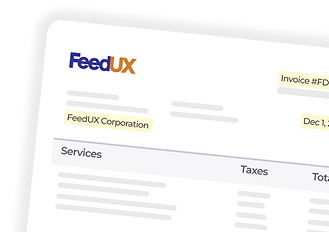
❓ Miscellaneous Expenses — FAQs
What is an example of a miscellaneous expense?
A miscellaneous expense is a small, irregular cost that doesn’t fit neatly into standard categories. Примеры: разовые почтовые сборы, банковские мелкие комиссии, одноразовые закупки канцелярии вне регулярного заказа, небольшие подарки для клиентов.
What goes under “miscellaneous”?
В эту категорию обычно попадают редкие, неклассифицируемые расходы: мелкие непредвиденные расходы, одноразовые административные сборы, небольшие транспортные или курьерские платежи и прочие траты, которые не warrant отдельный счёт в плане счетов.
What is an example of a miscellaneous charge?
Типичный «miscellaneous charge» — комиссия за экстренную доставку, плата за утерянные ключи офиса, небольшие штрафы за парковку (если компания решает оплачивать) или банковская комиссия за международный перевод.
What are miscellaneous personal expenses?
Это непериодические личные расходы сотрудников, не связанные с бизнес-целями: личные покупки, развлечения, бытовые нужды. В бухгалтерии они обычно не подлежат возмещению и не включаются в деловые расходы.
How are miscellaneous expenses reported in accounting?
Они учитываются на отдельном счёте «Miscellaneous Expense» в главной книге. Рекомендуется: хранить подтверждающие документы, разбивать крупные или повторяющиеся «misc» на отдельные подстатьи и регулярно ревьюить эти записи, чтобы избежать накопления неконтролируемых трат.
Are miscellaneous expenses tax-deductible?
Иногда — да, если расходы «ordinary and necessary» для ведения бизнеса. Но многие «miscellaneous» — личного характера или штрафы — не подлежат вычету. Лучше документировать цель расхода и согласовывать с налоговой политикой вашей юрисдикции.
What are miscellaneous expenses not written off?
Обычно не списываются: личные расходы сотрудников, штрафы и пени, некоторые представительские расходы без подтверждений, а также capital expenditures (которые капитализируются, а не списываются как текущие расходы).
What comes under miscellaneous fees?
Мелкие сервисные сборы: банковские комиссии, обработка платежей, курьерские сборы, сборы за форс-мажорные услуги, плата за срочные административные услуги и другие непериодические сервисные расходы.

